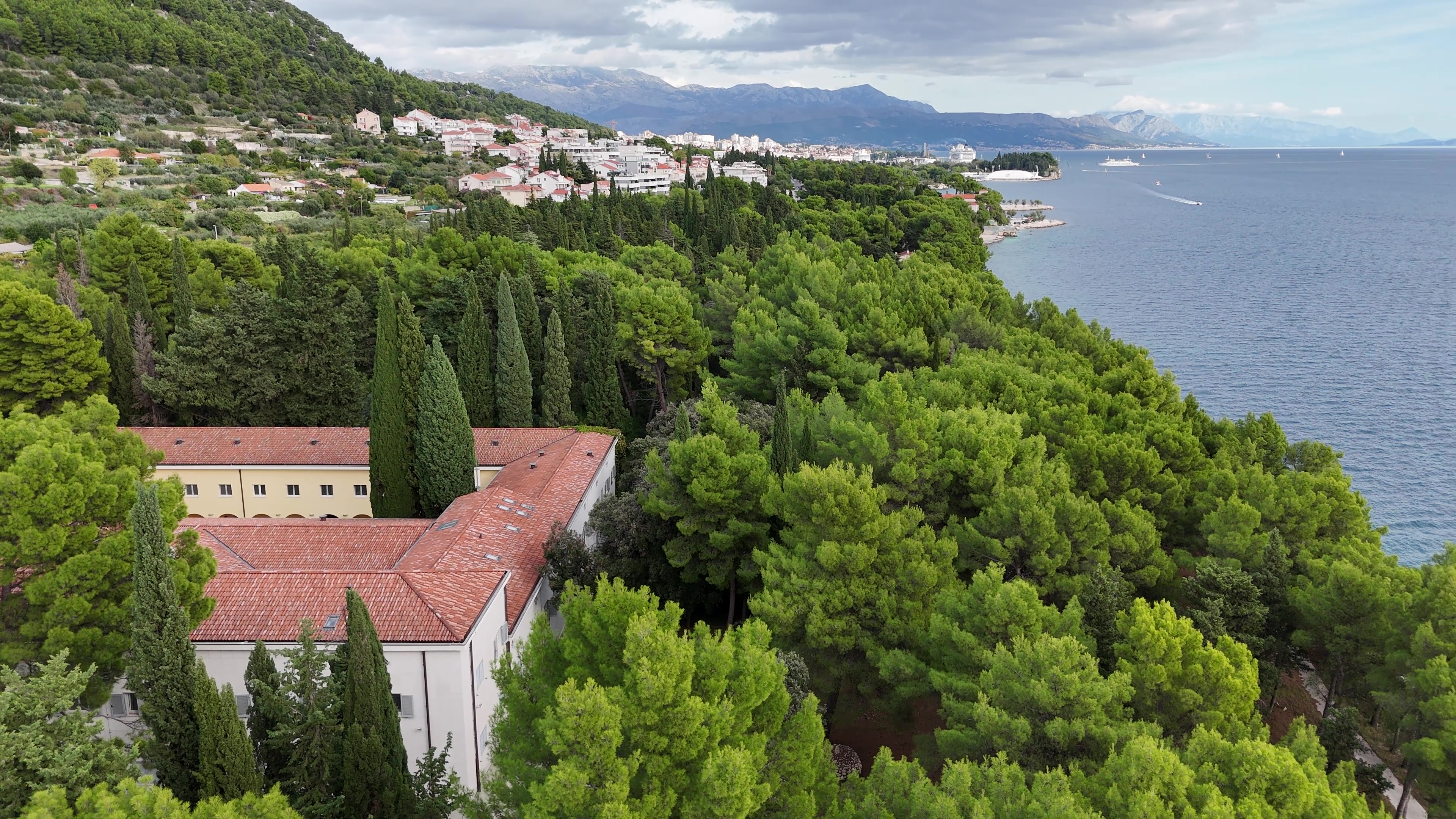Thematic CERN School of Computing on Scientific Software for Heterogeneous Architectures
Medils Institute, Split
The 18th Thematic CERN School of Computing (tCSC 2025) will take place on October 5-11, 2025. The theme of the school is "Scientific Software for Heterogeneous Architectures" - see the academic programme for more details.
This school is organized by CERN in collaboration with the Faculty of Science, University of Split. The school will take place in Split, Croatia, and be hosted at the Mediterranean Institute for Life Sciences (MEDILS) Conference Centre. The Centre is a historical renovated building situated in a wooded and landscaped park located on the Adriatic Sea coast, a few kilometers from the center of Split.
Target Audience
The School is aimed at postgraduate (i.e. a minimum of Bachelor's degree or equivalent) students, engineers, and scientists with a few years of experience in particle physics, in computing, or in related fields. We welcome applications from all countries and nationalities.
Important dates
- 14 May application opens
- 10 July application close
- 23 July invitations sent to selected students
- 20 August confirmation of participation deadline
- 3 September participation fee deadline


